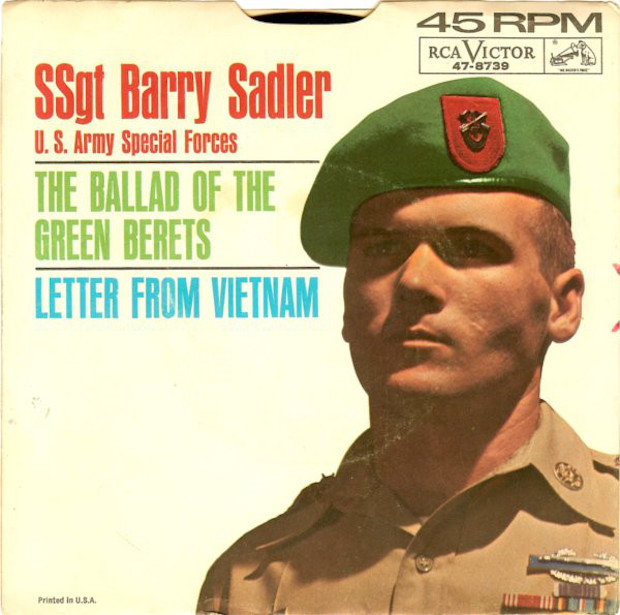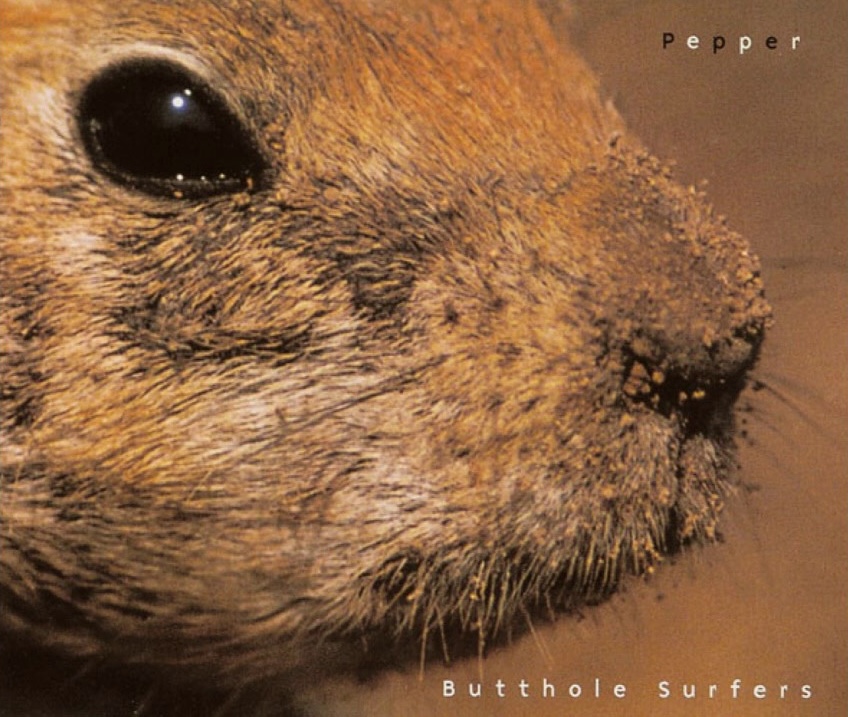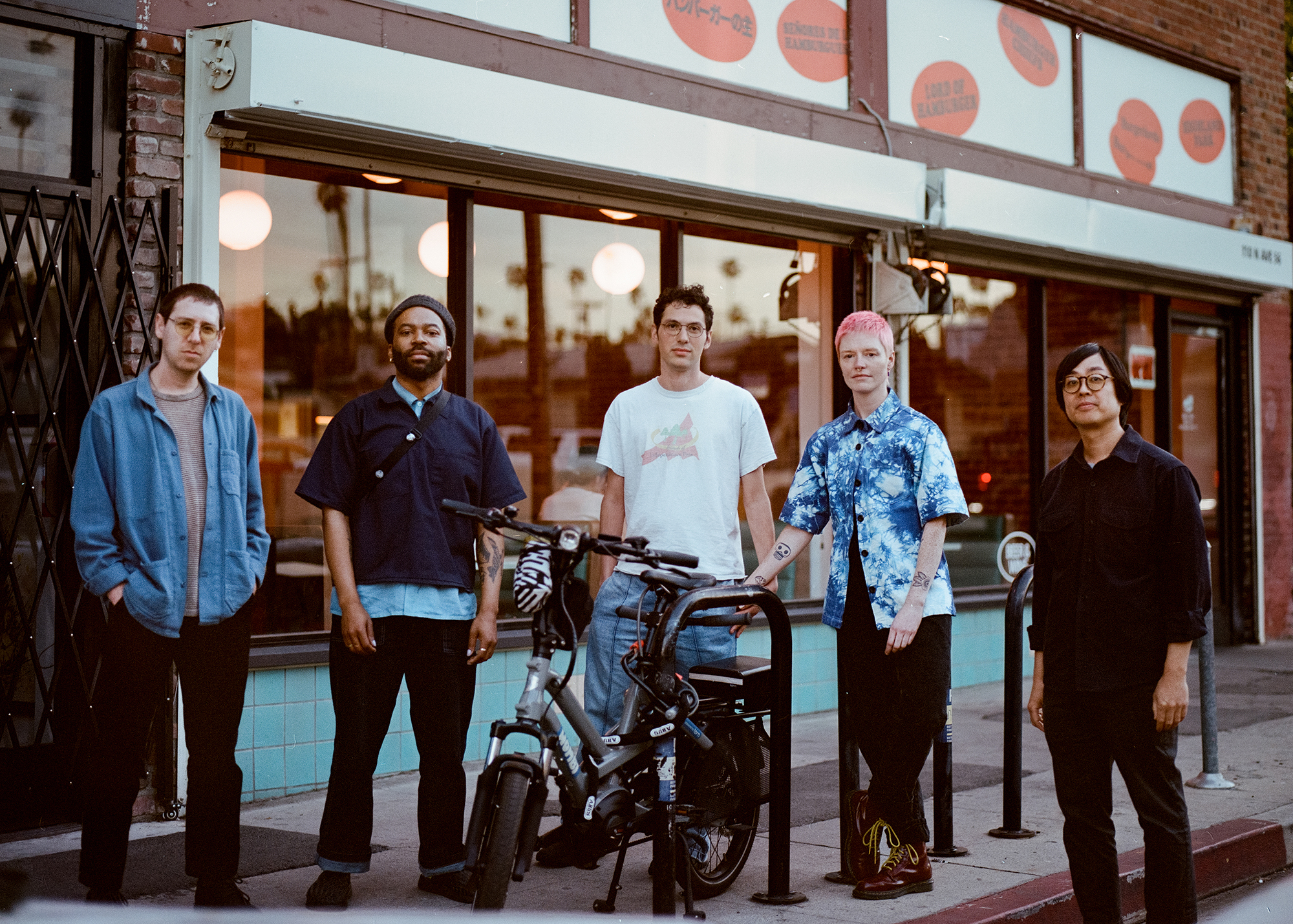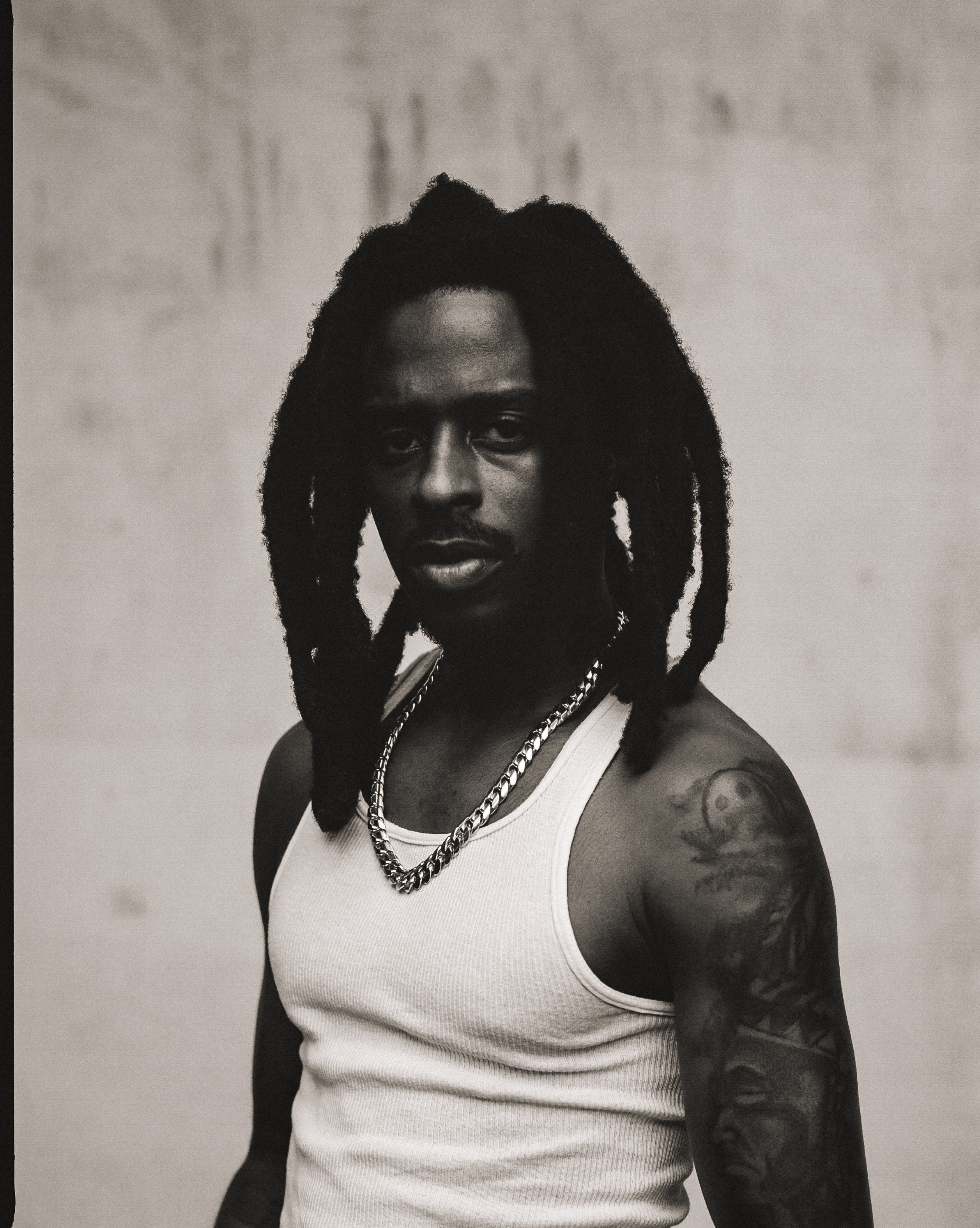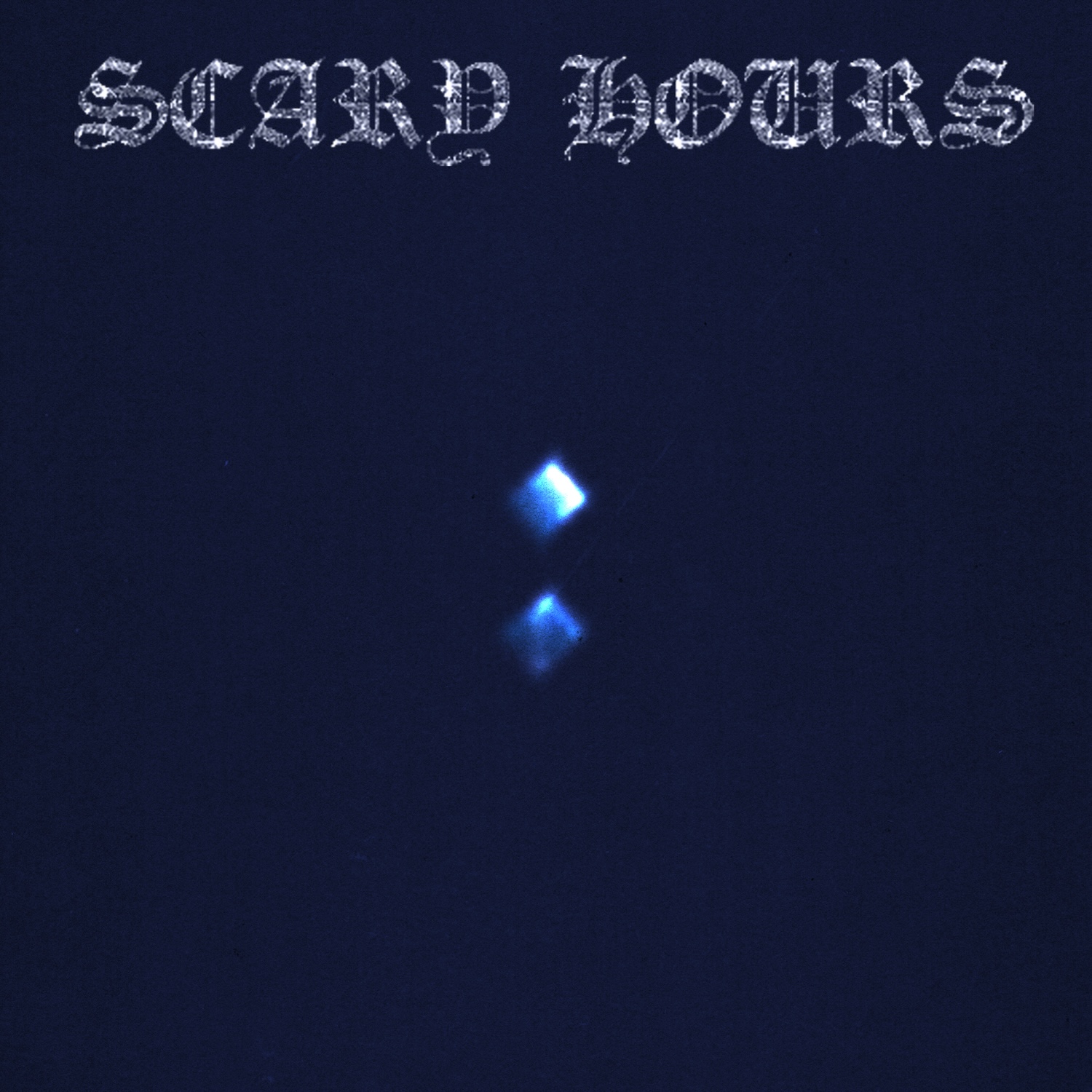March 5, 1966
- STAYED AT #1:5 Weeks
In The Number Ones, I'm reviewing every single #1 single in the history of the Billboard Hot 100, starting with the chart's beginning, in 1958, and working my way up into the present.
Around the time I started this column, someone asked me to name the best song that's ever hit #1. I didn't have an answer. I still don't. There have just been so many amazing songs that ascended, however briefly, to that pinnacle, and my favorite of them changes from day to day, minute to minute. (Maybe it's "Lean Back"? It's probably "Lean Back.") I can, however, easily name the worst song that's ever hit #1. That's not hard.
A couple of songs come close. Larry Verne's "Mr. Custer" and Eminem's "Crack A Bottle," for instance, are utter pieces of shit, full of repellant ideas and instantly outdated thinking and dumb jokes and mind-bogglingly obnoxious musical decisions. But neither of them is the worst. The worst is Staff Sgt. Barry Sadler's "The Ballad Of The Green Berets."
It's not that "The Ballad Of The Green Berets" is a terribly offensive song musically. It sucks, but it's not the worst. Musically, it sounds like a group of late-'50s session musicians doing their best to approximate a military march, which probably wasn't far from the truth. There are drum rolls and triumphant horn riffs. Sadler's got an upright, stentorian sort of voice, and he manages to sell the song's message. Maybe he sells it too well.
"The Ballad Of The Green Berets" belongs to maybe my favorite mini-genre of novelty songs: the "this guy's a badass" song. It has that in common, in one way or another, with "Stagger Lee," with "Alley Oop," with "Big Bad John." But none of those songs were shots in the culture war. "The Ballad Of The Green Berets" absolutely was.
"The Ballad Of The Green Berets" is pro-war propaganda, plain and simple. We don't learn anything about its protagonist, the unnamed soldier who jumps and dies, who fights hand-to-hand, who means just what he says. We just learn that he's "America's best," a proud and unquestioning participant in the war machine. The context here makes all the difference. The Vietnam War was raging when "The Ballad Of The Green Berets" came out, and anti-war sentiment was just starting to bubble up in young people and to find expression in songs like "Eve Of Destruction" and "Turn! Turn! Turn!" But the public at large hadn't turned against the war yet. They wouldn't do that for years. And plenty of Americans were furious that anyone would ever even consider turning against the war. My grandfather burned my father's birth certificate over this, probably around the same time "The Ballad Of The Green Berets" was #1.
So the success of "The Ballad Of The Green Berets" was a straight-up reactionary phenomenon. During one of the greatest, most inventive periods that American popular music has ever had, the song that seized the #1 spot for five straight weeks -- the biggest-selling single of 1966 -- was a musically negligible fight song with an implied message about how you kids should shut up and respect order. At this point, now that reactionary forces have been more or less banished from popular culture, it's hard (though not impossible) to imagine something like this happening -- for a track about QAnon to be the Song Of The Summer or whatever.
The last verse about "The Ballad Of The Green Beret" is about a wife who waits for a soldier who has "died for those oppressed" and who leaves her "one last request": He wants their son to be a Green Beret, too. This was supposed to be terribly dramatic and moving, and plenty of people probably heard it that way at the time. Now, it looks more like the ending of a horror movie.
Sadler really was a Green Beret, at least for a little while. Sadler lived a rough life as a young man, starting out in New Mexico and then moving around the Southwest in the years after his father died of cancer. In 10th grade, he dropped out of high school and joined the Air Force, then enlisting in the Army after his discharge. Sadler trained as a combat medic, and in 1965, he was injured in Vietnam, stuck in the knee with a punji stick booby trap that had been covered in feces.
While he was laid up, recovering from his infection, Sadler wrote a massive 12-verse version of "The Ballad Of The Green Beret" and sent it around to music publishers. Robin Moore, who wrote the book The Green Berets (which became a John Wayne movie in 1968), helped Sadler winnow the song down to a manageable length. The song took off, and Sadler became a willing recruitment tool for the Army for a little while. But it didn't lead to an actual music career. One follow-up song was a minor hit, and then that was pretty much it for Sadler.
After being discharged from the Army in 1967, Sadler took a few small acting roles, and then he started writing a long series of pulpy, biblically themed historical novels. Eventually, he moved to Nashville after blowing all of his royalty money. In 1978, he killed Lee Emerson Bailey, a country music songwriter and former manager for Marty Robbins and George Jones. They'd been feuding over a woman, Bailey's ex, and Bailey had come to the woman's apartment one night. Sadler shot him in the head, later claiming that he'd seen a flash of metal in Bailey's hand. But Bailey was unarmed, and Sadler tried to plant a gun in his van. Sadler was eventually convicted of voluntary manslaughter, and he only served 28 days in prison.
Later on in life, Sadler moved to Guatemala, where he told people that he was training the Contras, the right-wing Nicaraguan rebels. In 1988, Sadler was shot in the head in a Guatemala City taxicab, and it's not entirely clear whether it was part of a robbery or whether Sadler accidentally shot himself. He was in a coma for six weeks, and he woke up with brain damage and quadriplegia. He died of a heart attack in 1989, a few days after turning 49.
GRADE: 1/10
BONUS BEATS: Here's the scene from Caddyshack where Bill Murray sings "The Ballad Of The Green Berets" before going to war with gophers:
BONUS BONUS BEATS: Here's Boston hardcore band the F.U.'s' cover of "The Ballad Of The Green Berets," from the 1982 compilation This Is Boston Not LA:
